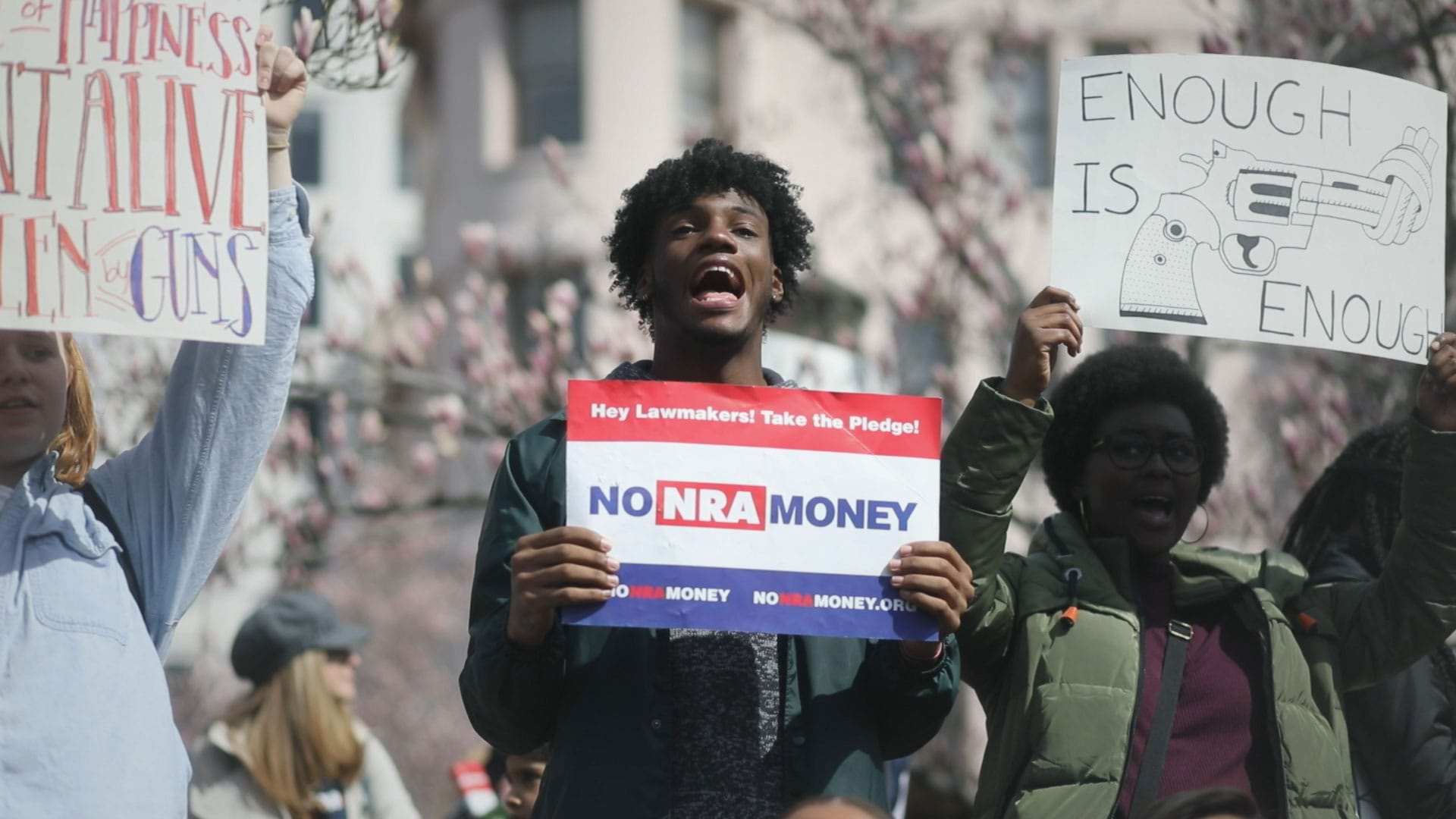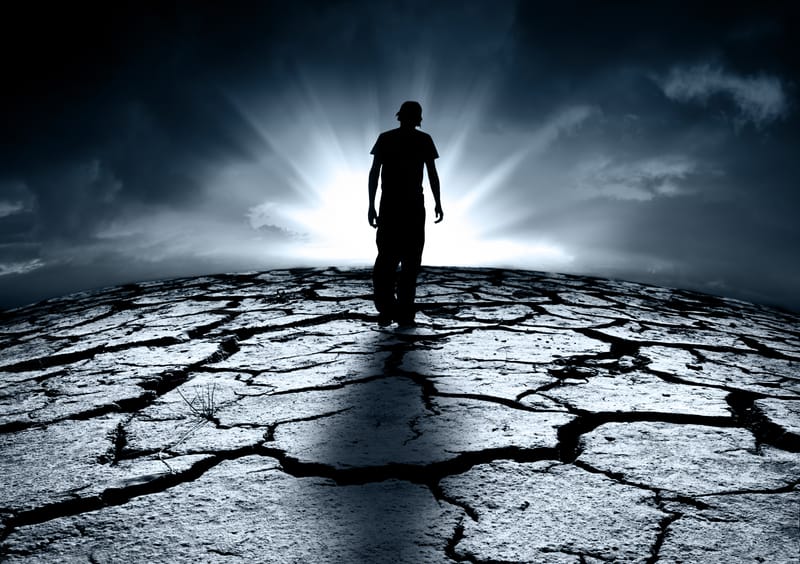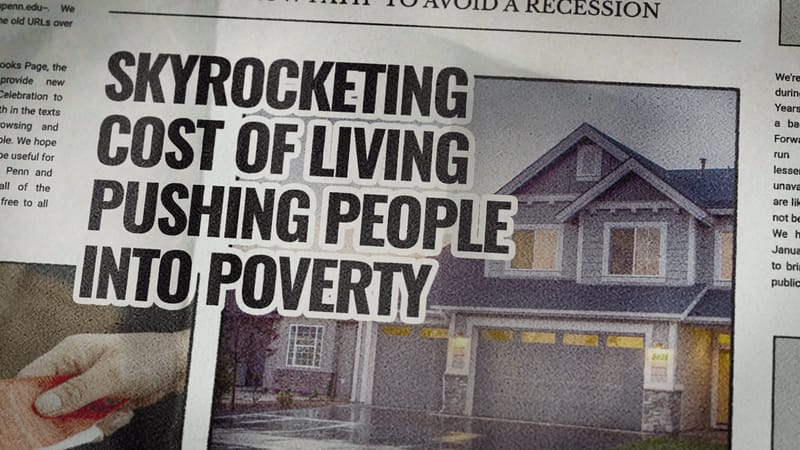
Is there a new 'youthquake' generation on the rise? The 'youthquake' of the 1960s was reflected in the changing fashion, music and pop culture of the period while today's young generation are more politically engaged, socially aware and determined to achieve a better, fairer society.
We're seeing a huge movement and mobilisation of young activists particularly among the young LGBTI community. And despite often being described as 'generation snowflake' or the 'apathetic generation' they are driven to raise awareness, influence political change and do as much as they can to have a positive impact on our future.
"Young people have inherited a pretty dud deal when it comes to things like climate change, housing affordability and unemployment." Brady Robards, Senior Lecturer, Sociology.
They have a whole new set of communication tools available to spread their word. But is it just a digital media-fed illusion? Are those new tools really working for them to understand and change the altruistic, consumer-driven world around them?
"I think young people like to think they're very involved in politics, and I think we see that through social media. But that's often slack-tivism, it's not traditional means of engagement in politics." Annika Smethurst, News Corp, National politics editor.
Young people have always been activists – is this generation any more successful at activism than any other? And are these alternative methods of youth politics effective in influencing political change?
A Different Lens takes a closer look.





